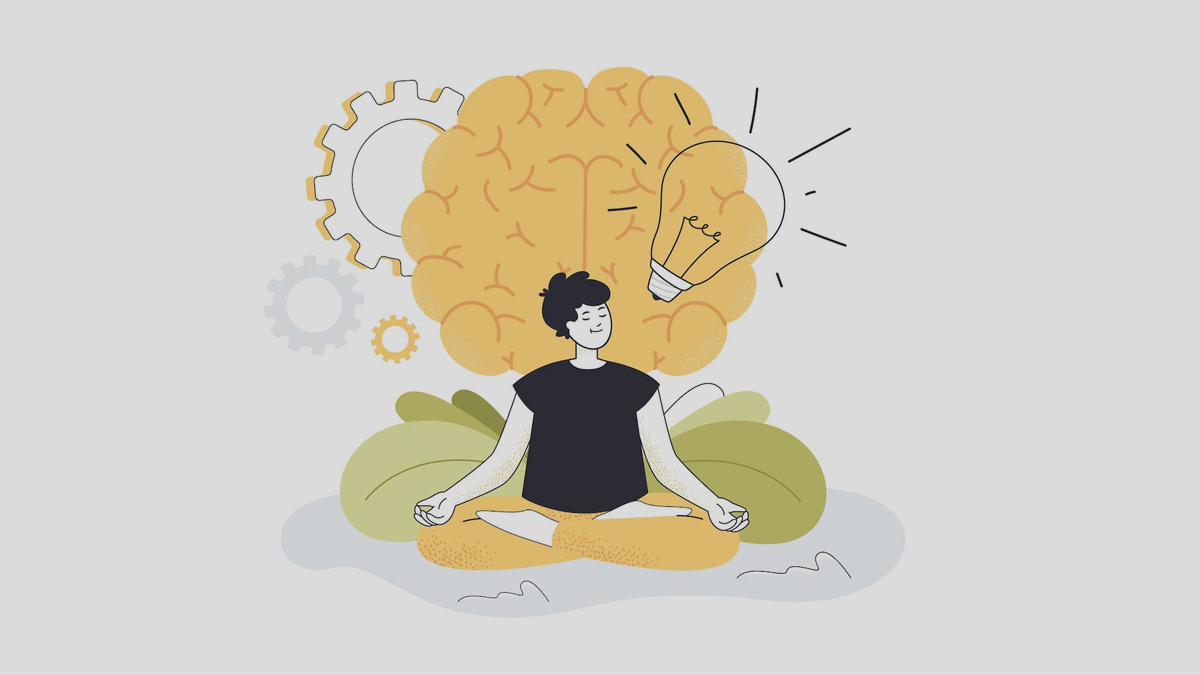
As the holy month of Ramadan approaches, Muslims around the world prepare for a period of fasting, prayer, and spiritual reflection. While the focus is primarily on the physical aspects of fasting, it's essential not to overlook the mental and emotional implications. Ramadan presents a unique opportunity to nurture mental health alongside spiritual growth.
Table of Content:-
Tips for Emotional Well-being During Ramadan Fasting
Here are some valuable tips to help maintain mental and emotional well-being during this sacred time:
1. Establish a Balanced Routine
Maintaining a structured daily routine during Ramadan can help regulate your body clock and provide a sense of stability. Ensure you allocate time for sleep, work, prayer, and leisure activities. Consistency in routine can promote a sense of normalcy and reduce stress levels.
2. Stay Hydrated and Nourished
Proper hydration and nutrition play a vital role in mental health. Despite fasting from dawn till dusk, it's crucial to consume sufficient water and nutrient-rich foods during non-fasting hours. Dehydration and inadequate nutrition can exacerbate mood swings and feelings of fatigue.

3. Prioritise Self-Care
Dedicate time each day to engage in activities that promote relaxation and rejuvenation. Whether it's reading a book, practising mindfulness, or taking a leisurely walk, prioritise self-care to recharge your mental and emotional batteries.
Also Read: Diabetes: Expert Lists Down 8 Surprising Factors That Can Spike Your Blood Sugar Levels
4. Connect with Others
Social connection is essential for mental well-being. Despite the constraints of fasting, find opportunities to connect with family and friends, either virtually or in person. Sharing experiences, expressing gratitude, and offering support can foster a sense of belonging and alleviate feelings of loneliness.
5. Manage Stress
Ramadan can be a spiritually uplifting but also demanding time. Implement stress-management techniques such as deep breathing, meditation, or yoga to alleviate stress and promote relaxation. Additionally, delegate tasks and prioritise responsibilities to avoid feeling overwhelmed.

6. Seek Support if Needed
If you're struggling with your mental health during Ramadan, don't hesitate to seek professional support. Reach out to a trusted counsellor, therapist, or mental health professional who can provide guidance and support tailored to your individual needs.
Also Read: Dermatologist Decodes Forehead Acne Causes and Treatment Options
7. Maintain Boundaries
Set boundaries to protect your mental and emotional well-being during Ramadan. Respect your limits and prioritise activities that align with your values and priorities. Learn to say no to excessive commitments and prioritise self-care without guilt.
8. Stay Connected to Your Faith
Ramadan is a time of spiritual renewal and connection to one's faith. Engage in acts of worship, such as prayer, Quran recitation, and charity, to nourish your soul and deepen your connection to Allah. Find solace in spiritual practices that bring you comfort and peace.
Bottomline
While Ramadan fasting is primarily a spiritual practice, it's essential to prioritise mental and emotional well-being during this sacred time. By establishing a balanced routine, prioritising self-care, staying connected to others, managing stress, and seeking support when needed, you can navigate Ramadan with greater resilience and inner peace. May this holy month be a source of spiritual growth, renewal, and emotional healing for all who observe it.
Also watch this video
How we keep this article up to date:
We work with experts and keep a close eye on the latest in health and wellness. Whenever there is a new research or helpful information, we update our articles with accurate and useful advice.
Current Version